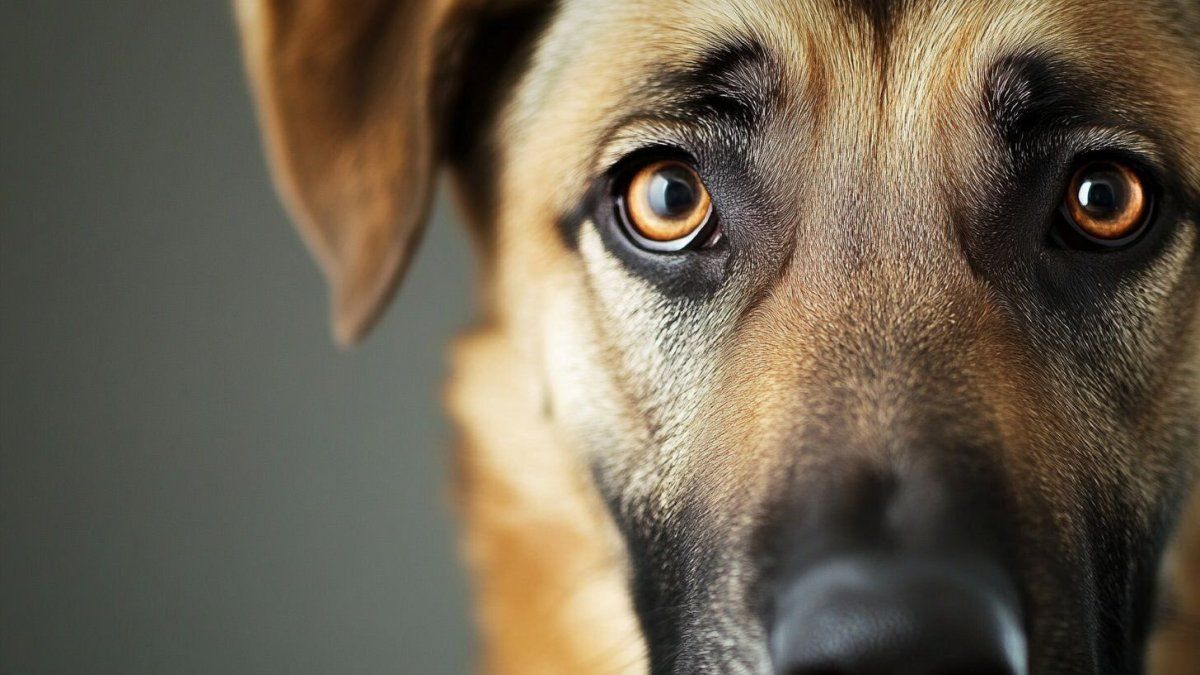The tendency to continue thinking about labor issues generates behavior changes in canines.
He Emotional state of the owners directly influences the behavior of their pets. A study by the Washington State University, published in Scientific Reports, showed that human labor stress generates changes in dog behavior. The research analyzed 85 adults with formal jobs that lived with at least one dog, evaluating how work tension affects their animals.
The content you want to access is exclusive to subscribers.
The results indicated that Dogs whose owners fail to disconnect from work show clear signals of stress. The Labor Rumiationthe tendency to continue thinking about work outside the schedule, proved to be the most determining factor. The animals presented less interest in games, constant wandering and frequent groans, atypical behaviors that reflect their emotional discomfort.


Pets-in-Casa.webp

The work “burnout” also affects pets at home
The so -called work “work” transcends humans and reaches their pets. The investigation revealed that Dogs are especially sensitive to the chronic stress of their owners. When people take work home emotionally, Their animals perceive that tension and respond with anxious behaviors.
A complementary study of the Queen’s University of Belfastpublished in “Applied Animal Behaviour Science,” confirmed this relationship. Researchers measured how changes in the stress levels of the owners influence canine stress, concluding that prolonged stress in people Cortisol increases, Stress hormone, in their dogs. This demonstrates a direct link between the emotional well -being of humans and that of their pets.
How to know if your dog is stressed
Recognizing stress signals in dogs allows you to intervene in time. Some common indicators include:
- Dodge and hide: They look for refuge under furniture or in closed spaces where they feel protected.
- Excessive barking: They emit constant sounds or howls in response to anxiety.
- Salivation and accelerated pant: Stress causes an increase in saliva production and agitated breathing.
- Tense body posture: They adopt hunched positions, with the tail between the legs or the rigid body.
- Escape attempts: In extreme cases, they try to escape by opening doors or windows.
The veterinarian Juan Enrique Romero It emphasizes that, although pets relieve human stress, the effect is reciprocal: the emotional discomfort of the owners is transmitted to their animals.
To counteract this, experts recommend establishing Labor disconnection ritualslike changing clothes when you get home or dedicate exclusive time to interact with pets without distractions. In serious situations, seeking professional help to manage stress benefits both people and their dogs.
Source: Ambito
I am an author and journalist who has worked in the entertainment industry for over a decade. I currently work as a news editor at a major news website, and my focus is on covering the latest trends in entertainment. I also write occasional pieces for other outlets, and have authored two books about the entertainment industry.




